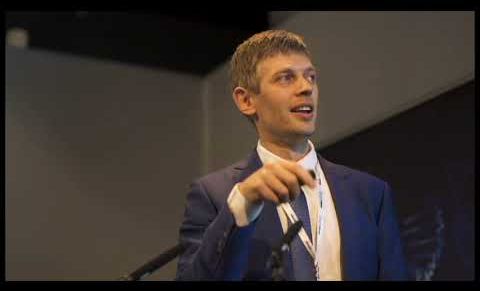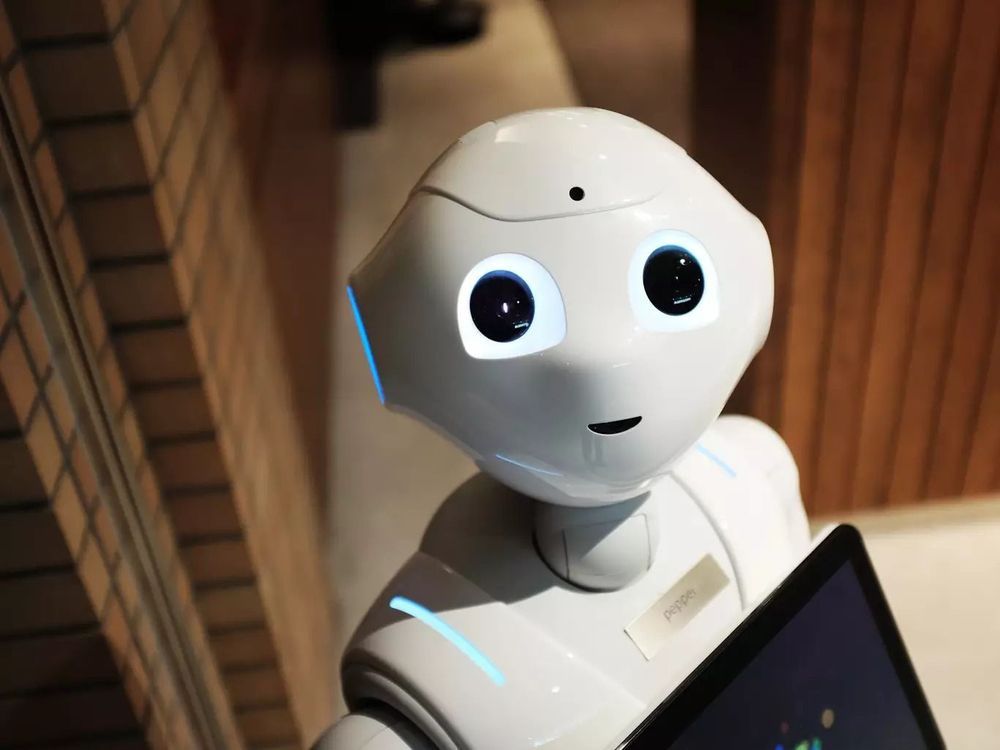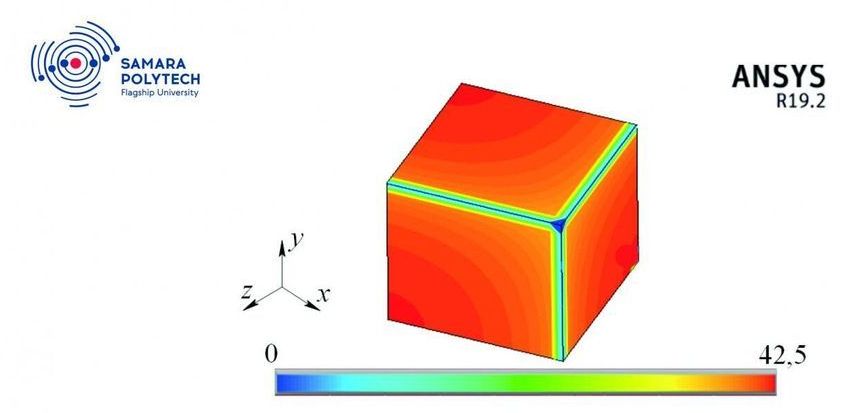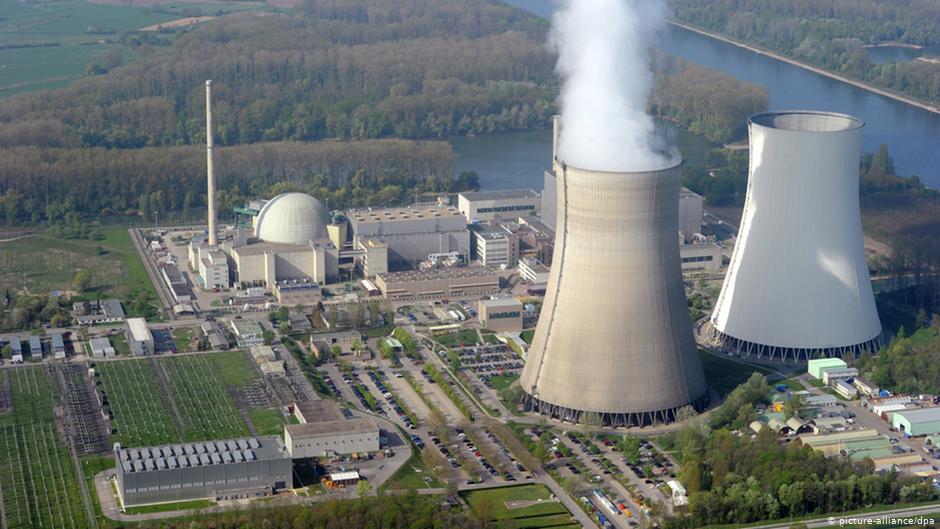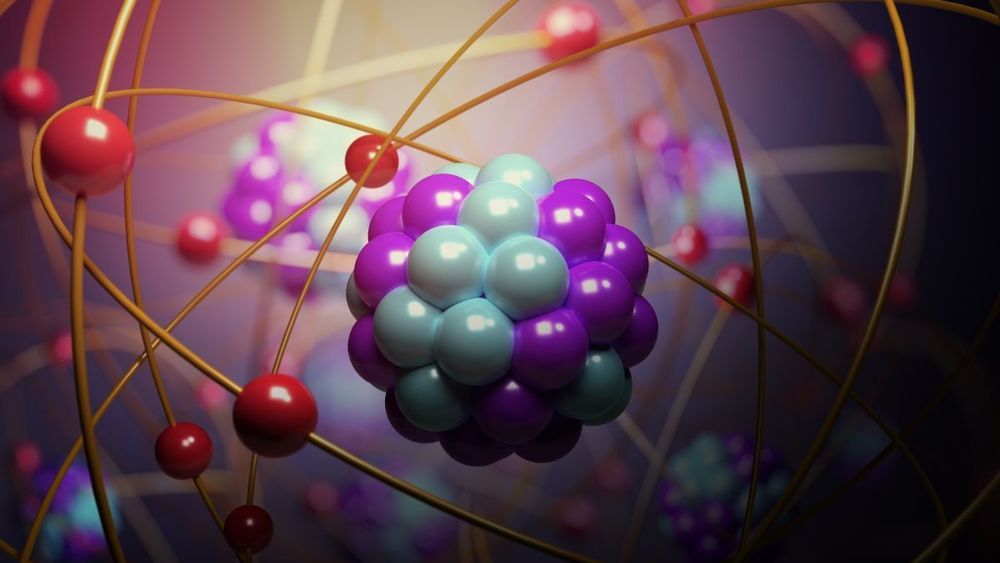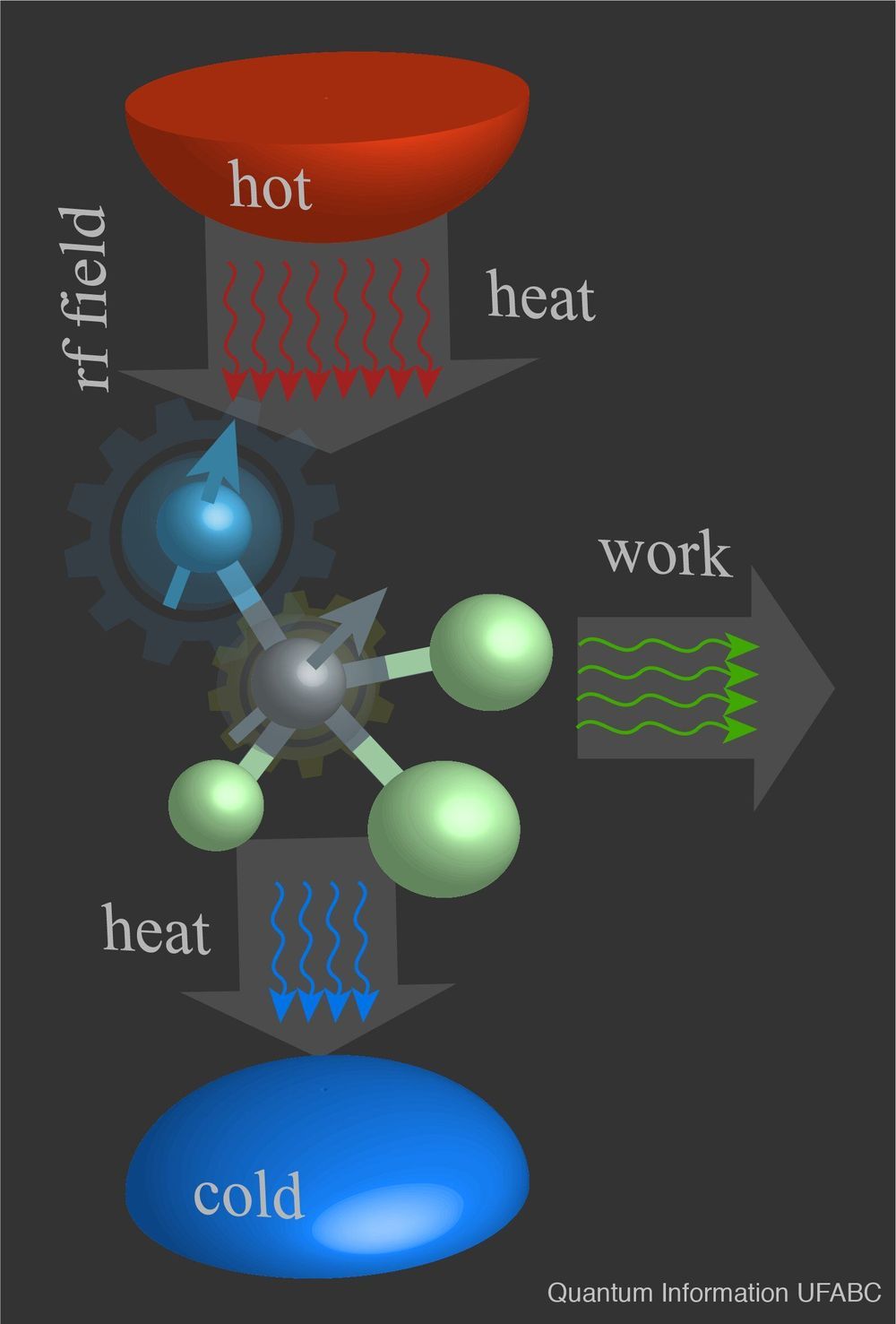In 2019, emerging technologies such as AI, robotics, and biotech made headlines. Here’s a list of 50+ stories that caught our eye this year.
Epigenetic reprogramming. “We are very radical life extensionists, neither healthspan increase no morbidity compression are enough, we would like to add decades if not centuries to the human lifespan.”
Yuri Deigin Founder of Youthereum, speaking at Master Investor’s Investing in the Age of Longevity 2019 event.
Master Investor is an investment media and events company that delivers independent, financial commentary and analysis to UK private investors and traders through events, magazines, news, blogs, podcasts and daily/weekly newsletters.
As access to the internet grows, so do the risks associated with being online. Cybersecurity threats are on the rise as data hackers find new ways to breach through firewalls. Earlier this year bad actors were able to gain access to the administrative serves of India’s largest nuclear power plant with a simple phishing email.
The government want to increase its cyber might to ward off such hazards but experts feel some of its policies might do the exact opposite.
2020 will be a busy year for India with the 5G spectrum auction still pending, Personal Data Protection Bill under discussion, and the deadline for social.
No other planet in our solar system has rings as splendid as Saturn’s. They are so expansive and bright that they were discovered as soon as humans began pointing telescopes at the night sky:
Happy New Years!
Here is a little nostalgia and irony all rolled into one. Enjoy.
A team of scientists from the Research Center “Fundamental Problems of Thermophysics and Mechanics,” of Samara Polytech is engaged in the construction of new mathematical models and the search for methods for their study in relation to a wide range of local nonequilibrium transport processes in various physical systems. An innovative approach developed not so long ago is based on a modern version of third-generation thermodynamics. The project of these scientists, “Development, theoretical research and experimental verification of mathematical models of oscillatory processes, heat and mass transfer and thermomechanics with two- and multiphase delays” was among the winners of the RFBR contest. Recent research results are published in the journal Physica A: Statistical Mechanics and its Applications.
An interest in studying local nonequilibrium processes that take into account the specifics of transport processes at the molecular level (the mean free path of a molecule, the momentum transfer rate, relaxation time, etc.) is dictated by the need to conduct various physical processes under extreme conditions—for example, femtosecond concentrated exposure to energy flows on matter, ultra-low and ultra-high temperatures and pressures, shock waves, etc. Such physical processes are widely used to create new technologies for producing nanomaterials and coatings with unique physicochemical properties that cannot be obtained by traditional methods (binary and multicomponent metal alloys, ceramics, polymeric materials, metal and semiconductor glasses, nanofilms, graphene, composite nanomaterials, etc.).
“Classical thermodynamics is not suitable for describing processes that occur under local nonequilibrium conditions, since it is based on the principle of local equilibrium. Our project is important both for fundamental science and for practical applications,” explains the project manager, Professor Igor Kudinov. “To accomplish the tasks, we plan to create a new, unparalleled software package designed for 3D modeling of high-speed local nonequilibrium processes of heat, mass and momentum transfer. Thus, our method opens up wide possibilities for studying processes that are practically significant from the point of view of modern nanotechnology.”
The Philippsburg power station is one of the only plants still operating in the southern state of Baden-Württemberg. Germany has vowed to start decommissioning every nuclear power facility by the end of 2022.
The smallest-scale events have giant consequences, and quantum physics showed us how strange and varied those consequences can be in 2019.
Physics has thrived over the last 10 years through some remarkable breakthroughs — and more excitement lies in store as a new decade dawns.
The theoretical notion of a ‘quantum heat engine’ has been around for several decades. It was first introduced around sixty years ago by Scovil and Schulz-DuBois, two physicists at Bell Labs who drew an analogy between three-level masers and thermal machines.

